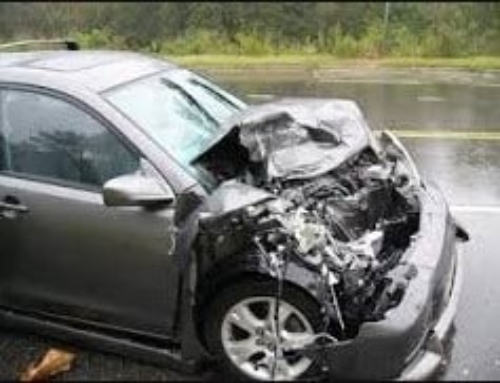Since I first became a San Antonio car accident lawyer, I’ve noticed that many insurance companies have become more adamant about demanding recorded statements from victims of auto accidents, even if these statements aren’t required by law.
First of all, you can ALWAYS avoid giving a recorded statement to the insurance company of the other driver – this is never required under Texas Law.
As experienced attorneys we usually advise our clients to avoid giving recorded statements, but we also know this requirement can be hard to avoid, particularly if the adjuster from the insurance company representing the other driver is being stubborn, and pushy about it.
In my experience, I’ve seen insurance adjusters go out of their way to pressure injured claimants into providing them with a recorded statement indicating their injuries. Worse, I’ve known adjusters to have deceived clients, telling them that they’re required by law to provide them a recorded statement, which is absolutely not true in Texas.
I also know that claimants can be pressured to not refuse the person who pretty much decides whether they can pay their medical bills or not.
Avoid Compromising Your Rights
While we usually advise our clients that avoiding a statement is the best option, it also helps to prepare for the event when the adjuster demands it. If you feel you can’t avoid giving the insurance company some kind of written statement, here are some ways you can avoid compromising your rights.
- Consult a lawyer. In many instances, a recorded statement isn’t necessary to file for a claim, but it may come up in the future and cause problems. Insurance companies often try to use recorded or written statements to reduce personal injury claims, taking them out of context or twisting the content to their advantage. Car accident victims who immediately provide such statements without consulting a lawyer can easily compromise the value of their claims. In fact, when in doubt, don’t give a statement without consulting with a lawyer first. Most injury attorneys offer a free consultation.
- Keep answers on statements brief and concise. You should still be honest about the details of your injuries, but don’t offer anything more than what’s asked. Whether you’re filling out a police report or talking to an adjuster, keep your responses short and to the point.
- Don’t make any assumptions about things you’re not sure of. Car accident victims may be asked provide details on distances, speed, and other variables when talking to the insurance adjuster. Avoid making any guesses as this may only hurt your claim in the end. Don’t be afraid to say you don’t know when pressed to divulge information you’re not sure of.
For more answers to your questions about handling injury claims after a car accident, get a free copy of our book, “10 Deadly Mistakes That Can Kill Your Texas Accident Case,” by experienced attorney Stacey Barrus. You can also call Barrus Injury Lawyers by telephone.





